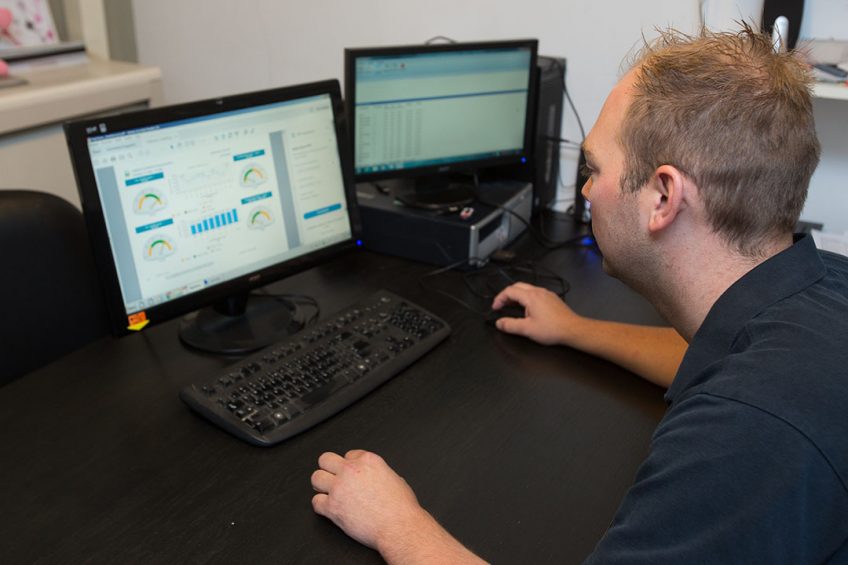Growing interest in blockchain across the poultry sector

Blockchain is playing an increasing role in the global poultry sector as companies look to enhance traceability.
US food safety company Neogen has recently announced a partnership with blockchain firm ripe.io. Ripe is a food traceability blockchain that works on building trust and confidence in supply chains, aiming to improve brand integrity and greater food security.
Verifying the authenticity of premium products
Neogen currently offers genomics services for DNA testing of poultry and eggs as well as other livestock, allowing breeders to meet the increasing demand for sustainable, traceable and high quality meat. Neogen chief executive officer John Adent said said blockchain had tremendous potential for verifying the authenticity of premium products, such as cage free eggs, and enhancing the traceability of issues that require correction, such as those that lead to product recalls.
IBM’s Food Trust is another blockchain platform that is being used by egg and poultry companies to strengthen traceability. French firm, the Avril Group, announced last month that it had joined IBM’s platform and would use it to differentiate its egg brand Matines to consumers. The blockchain platform provides enhanced information and traceability around its ranges of organic, outdoors, free-range red label, soil and standard eggs. The initiative is part of an effort that began last year to reposition the brand around several new commitments, which include:
- Hens raised without antibiotic treatment (outdoor and standard range)
- Fed with 100% French cereals
- Specific breeding practices, controlled by an independent body
Blockchain optimising export certification
IBM is also developing a blockchain proof of concept (POC) for the US Food Safety and Inspection Service (FSIS) to help the agency look into how the technology can optimise export certification systems. FSIS ensures that the US’s commercial supply of meat, poultry and egg products is safe, wholesome and correctly labelled and packaged.












